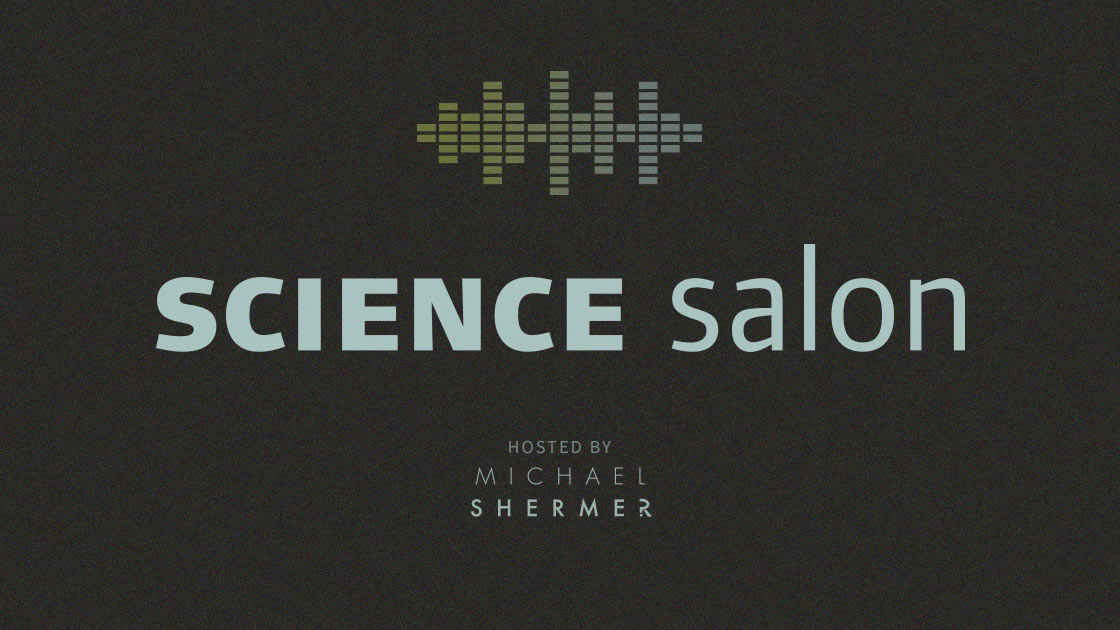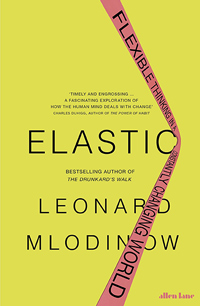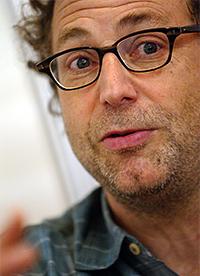In this week’s eSkeptic:
SCIENCE SALON # 21
Dr. Leonard Mlodinow — Elastic: Flexible Thinking in a Time of Change
Out of the exploratory instincts that allowed our ancestors to prosper hundreds of thousands of years ago, humans developed a cognitive style that Mlodinow terms elastic thinking, a collection of traits and abilities that include neophilia (an affinity for novelty), schizotypy (a tendency toward unusual perception), imagination and idea generation, pattern recognition, mental fluency, divergent thinking, and integrative thinking.
In this remote Science Salon (recorded on March 22, 2018 in audio format only), Dr. Michael Shermer begins by asking Dr. Mlodinow what it was like to work with and get to know Stephen Hawking, on which the two worked together on two books. Hawking had to be elastic in his thinking given that his disease prevented him from doing science in the traditional manner.
Leonard Mlodinow received his Ph.D. in theoretical physics from the University of California, Berkeley, was an Alexander von Humboldt Fellow at the Max Planck Institute, and was on the faculty of the California Institute of Technology. His previous books include the best sellers Subliminal, War of the Worldviews (with Deepak Chopra), The Grand Design (with Stephen Hawking), and The Drunkard’s Walk, as well as The Upright Thinkers, Feynman’s Rainbow, and Euclid’s Window. He also wrote for the television series MacGyver and Star Trek: The Next Generation.
Order Elastic: Flexible Thinking in a Time of Change from Amazon.
If you enjoy the video, audio, and written content we produce, please show your support by making a donation. Your ongoing patronage is vital to our organization’s mission.
INSIGHT
The Skeptical Virtue of Seriously Just Being Quiet
Daniel Loxton reflects on the value of listening in order to first understand paranormal beliefs and then communicate effectively with those who hold them.














